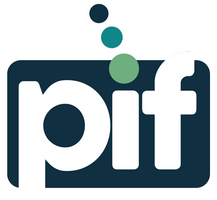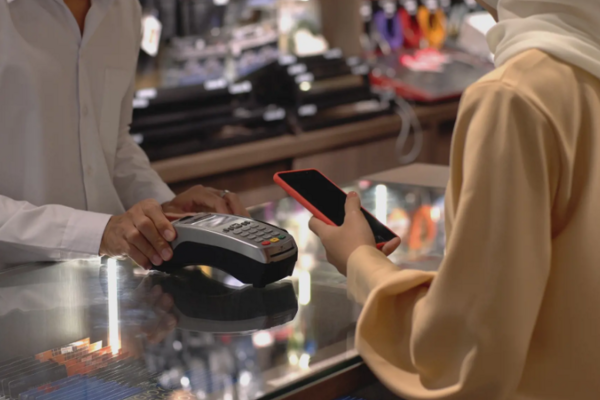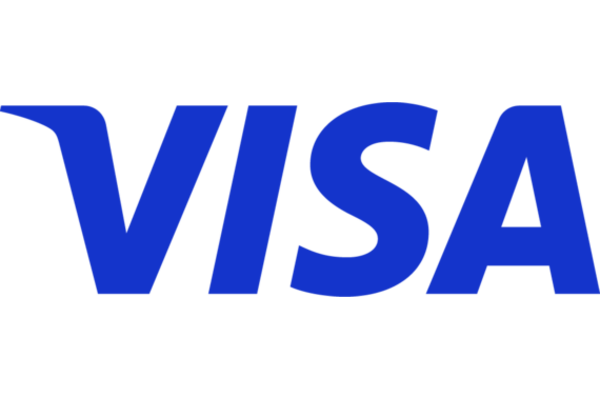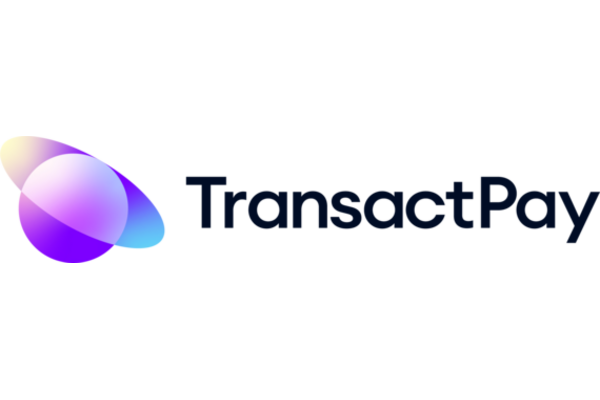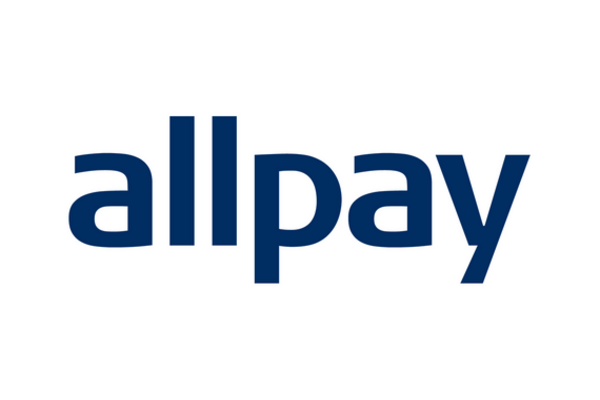Source: Thredd
Expense management in relation to business travel has long been a drain on resources both for finance departments and employees.
Changes in behaviour such as a return to travel and events as well as the rise of the mobile workforce means that the demand for efficient and effective expense management has never been greater. Corporate expense programmes must address the balance between flexibility for users and control for organisations.
Legacy solutions which are typically very manual are no longer acceptable in an age where users expect a seamless, mobile-first experience. Employees expect to be able to use their card at any time, in any destination and to be able to spend in multiple currencies. The types of items they spend on can also be broad for example, booking a flight to New York one day, buying a round of drinks in a bar in Manchester the next day and purchasing t-shirts from a supplier in Spain the following week.
These can all be legitimate purchases which leads to challenges in setting up appropriate controls and approval flows to avoid cards being compromised whilst also removing friction from the cardholder experience. For businesses controls are important to avoid cases of fraud and foul play. When issuing cards to staff there can be blurred lines around which card an individual is using for which type of spend and accidental purchases can often occur. Customisation options allow businesses to set alternative parameters for managers and team members (similar to a parent and child card programme) as well as the option to use a zero balance and approve funding at the time of transaction.
The future of expense management
Best-in-class expense management solutions now typically include automated receipt scanning and categorisation, in-built card controls to ensure compliance with business policy and AI-powered fraud detection.
Our CTO, Edwin Poot and our Head of Propositions and Partnerships, Jonathan Vaux recently spoke to PYMNTS.com about the future face of corporate expenses to support business travel and referenced the huge opportunity for integrating AI into expense processes.
- Data entry – is typically prone to human error however through introducing machine learning and optimal character recognition, categorisation is automated and errors are greatly reduced
- Approval flows – AI can streamline the approval flow by automating compliance checks and therefore saving managers time as not every transaction will need to be manually reviewed
- Forecast accuracy – by combining digitisation with AI, real-time insights can be gleamed on expenditure vs budget helping business make more informed decisions and improving financial planning
To learn more about opportunities for business in B2B travel payments, discover our latest report here.
